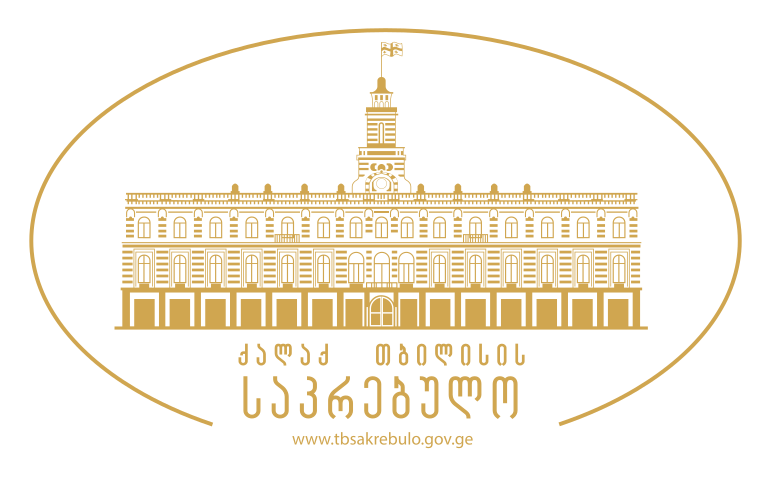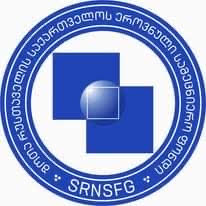035- Small and Minority Literatures and Literary Historiography
Organized by: Prof. Jeanne E. Glesener, Prof. Benedikts Kalnacs
English
Current research in literary historiography from a comparative, global, world and transnational perspective seldom invites small and minority literature to participate in the debate on the reconceptualization and revision of the genre. The contention of this group panel session is that small and minority literatures do possess the metacritical potential to actively contribute to epistemological and methodological questioning. Given for example their geocultural location on linguistic and political border zones or in-between major literatures, their history has been intimately shaped by intercultural and interliterary processes. In some cases, the power struggle of societal and cultural multilingualism has led to a tradition of literary multilingual writing that also led to early reflections on literary historiography in multilingual contexts. As questions on intercultural processes and multilingual practices are driving forces in current reflections on literary history, small and minority literatures long-term engagement with these topics represent just two of the avenues where they could intervene fruitfully in the debate. Furthermore, considering their location along shifting political borders and the resulting complex political history of their respective territories or communities, the chronology of their history may not always be linear just as the traditional periodicity may not be of relevance. The analysis of the historical development of small and minority literatures potentially contests so-called universal eurochronological models and standards by outlining different literary genealogies, by pointing out varying routes of literary becoming and crafting idiosyncratic narratives of modernity.
Papers for this panel session may address the following questions
What literary historiographical models served as orientation to produce earlier literary histories and what were the problems that arose in conforming to these models? What innovative approaches were developed to challenge traditional periodization, monocultural and monolingual or any other standards and norms of the (Western) genre of literary historiography?
The Project was supported by Shota Rustaveli National Science Foundation of Georgia (SRNSFG) [grant number MG-ISE-22-170]

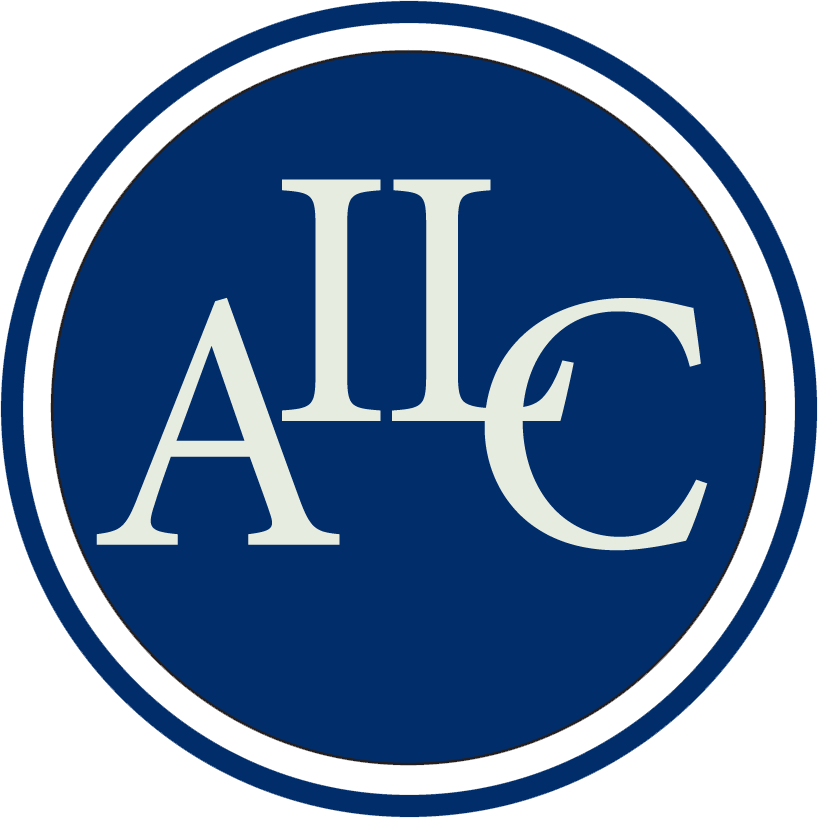
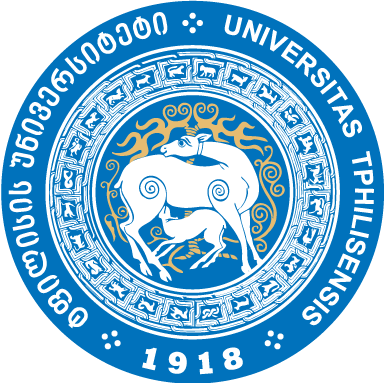

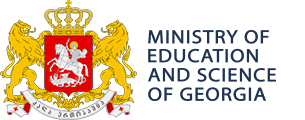
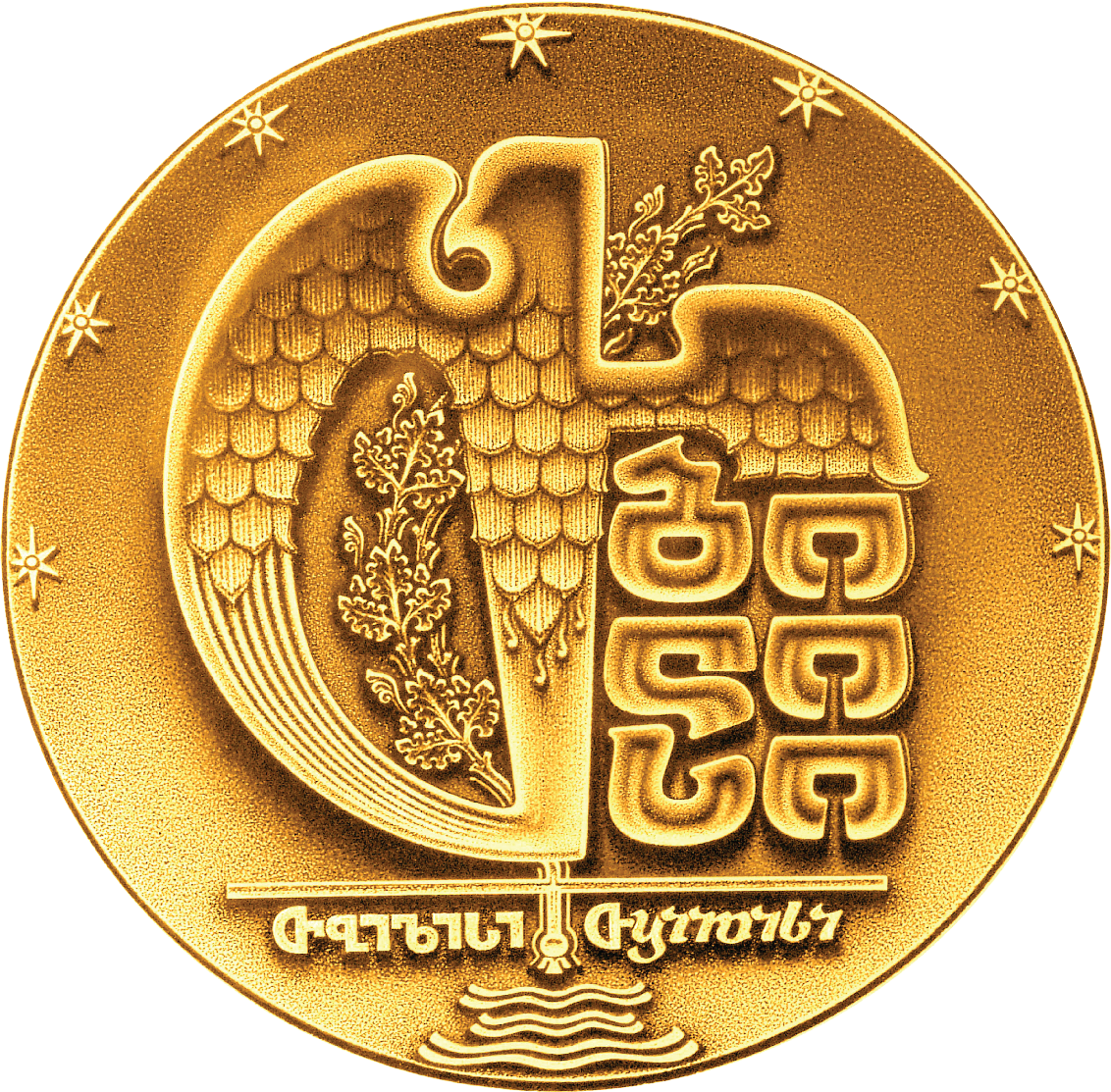

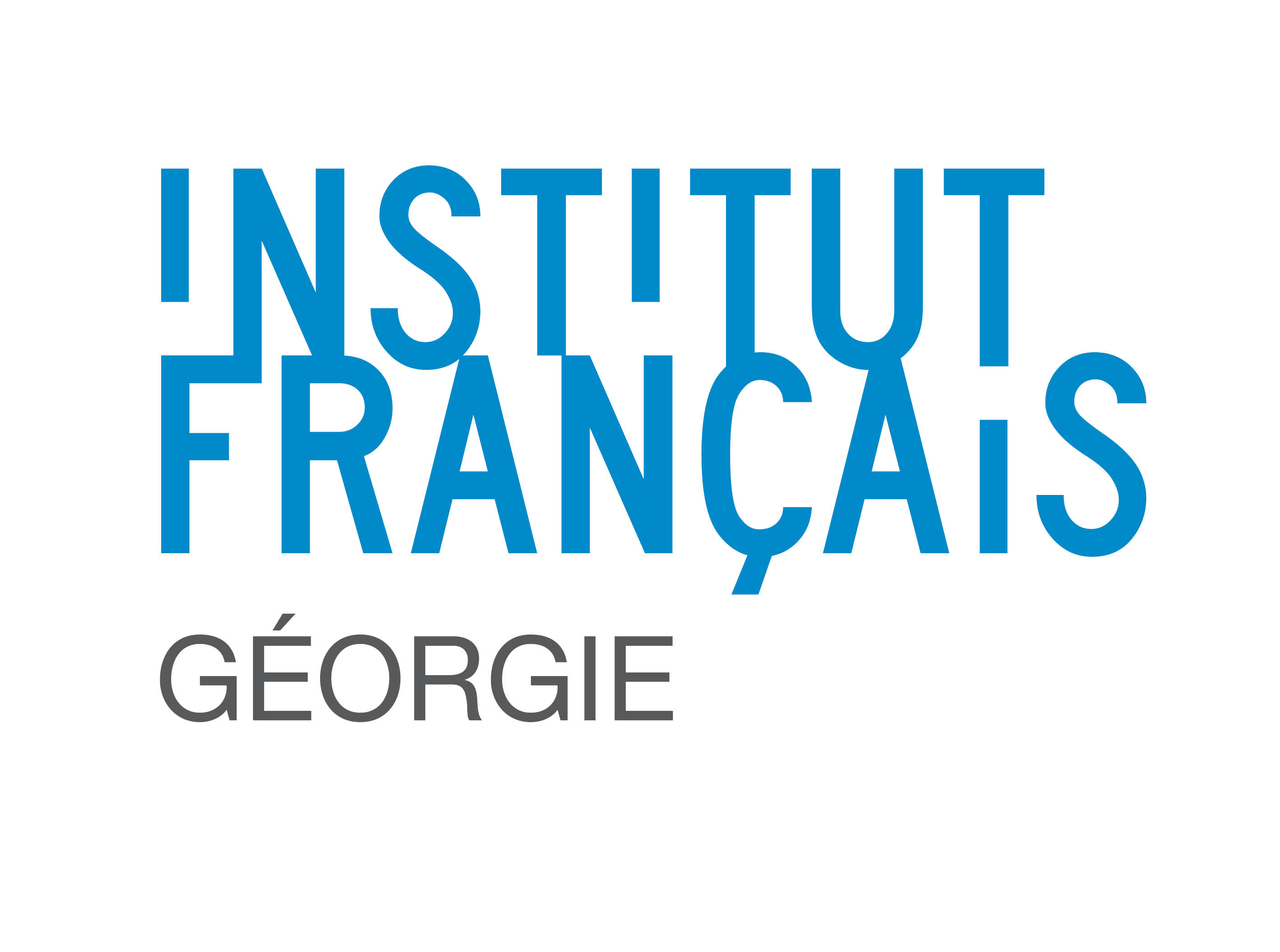


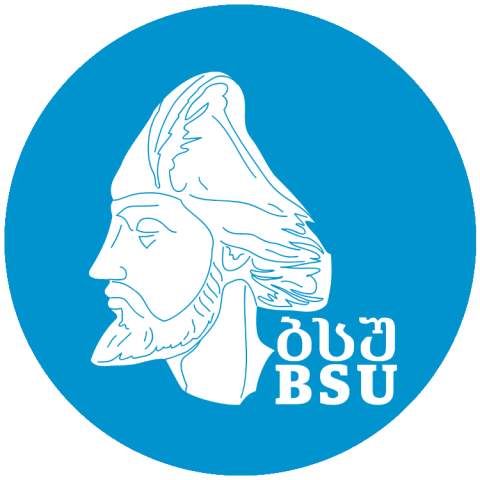

_001.png)

